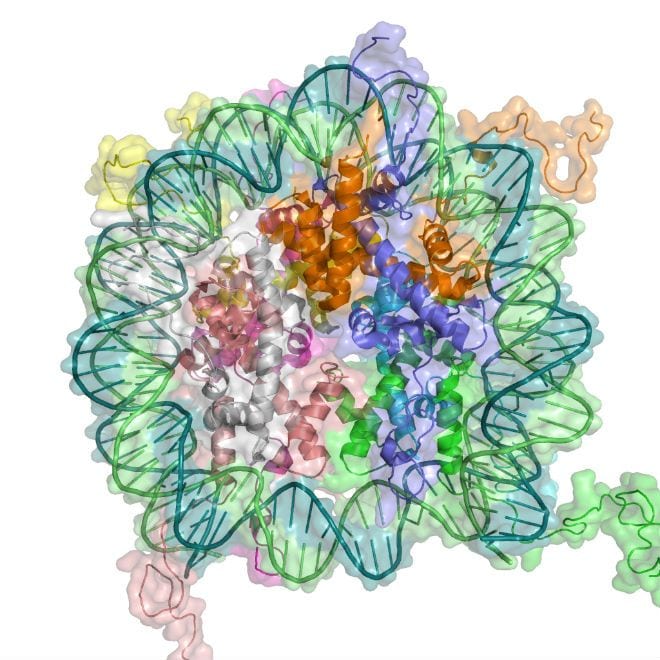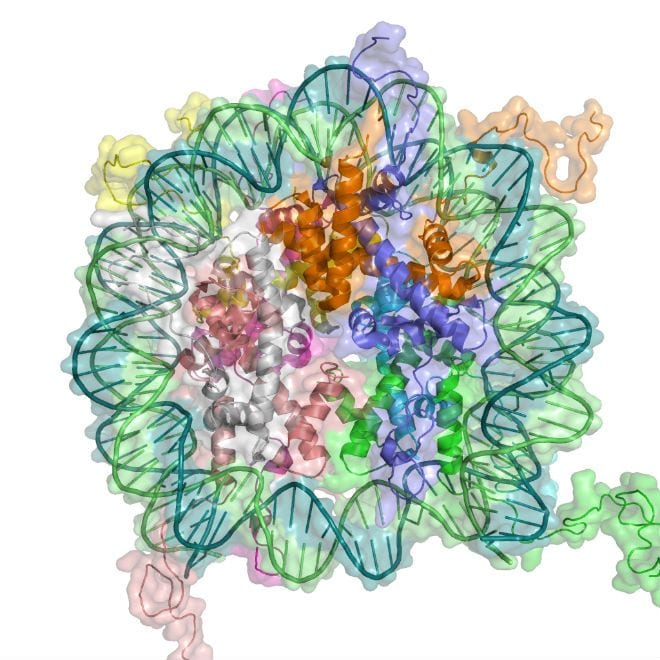
Research has been carried out in Barcelona at the Institute of Biomedical Research of Bellvitge (IBIDELL) which has found that Even in the case of genetically identical twins, environmental and cellular changes may cause them to have different medical histories.

This has been demonstrated in a number of diseases such as neurological disorders, cancer, or autoimmune diseases. Specifically in the case of the autoimmune disease Systemic Lupus Erythematosus, scientists noted that environment or unequal lifestyle may have a molecular fingerprint on key genes for immune function that results in differential onset of this disease in twins.
The large volume of studies on this subject has been carried out in the field of cancer and has led to the development of some drugs used in the therapy of certain leukaemias.
Epigenetic factors influence genes
Phenotypic traits and inherited diseases are often concordant and manifest in both siblings. However, some phenotypes and diseases may occur in only one sibling, suggesting that other factors may determine phenotypic differences.
In addition, cellular changes, i.e. epigenetic factors, influence genes, their expression, the phenotype. And environmental factors, such as diet or chemical exposure, can change the epigenetic status of genes.

